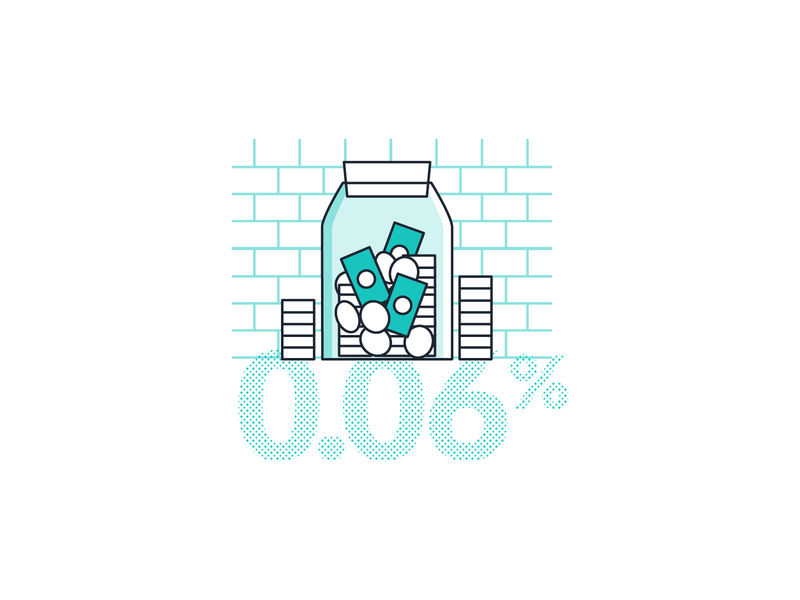Discover The Covert Expenses And Effects Of Defaulting On An Efficiency Bond, And Find Out Why It's Critical To Prevent This Pricey Bad Move
Discover The Covert Expenses And Effects Of Defaulting On An Efficiency Bond, And Find Out Why It's Critical To Prevent This Pricey Bad Move
Blog Article
Web Content Composed By-
When a guaranty problems a performance bond, it guarantees that the principal (the party who buys the bond) will certainly meet their obligations under the bond's terms. If the major falls short to fulfill these obligations and defaults on the bond, the guaranty is responsible for covering any type of losses or damages that result.
1. Loss of reputation: Defaulting on an efficiency bond can harm the principal's online reputation and reliability, making it more challenging to protect future organization or financing.
2. Legal and administrative expenses: The surety may need to pay lawful and administrative expenses connected with pursuing the principal for damages or trying to correct the scenario.
3. Financial losses: The surety might need to cover the cost of finishing the task or supplying the services that the principal failed to supply. This can cause substantial economic losses for the guaranty.
4. Boosted premiums: If the principal has a history of back-pedaling performance bonds, they might be required to pay higher costs in the future to acquire the essential bonding.
Overall, back-pedaling a performance bond can have severe monetary repercussions for both the principal and the guaranty. It is very important for principals to thoroughly consider their obligations and ensure they have the ability to fulfill the terms of the bond to avoid these unfavorable results.
Back-pedaling a performance bond can be an expensive error for organizations. When you fall short to meet the bond's obligations, the financial repercussions can be significant. From paying the complete bond total up to prospective legal battles and damaged relationships, the repercussions can resound throughout your organization procedures. Understanding the elaborate web of financial influences that defaulting on a performance bond can have is vital for protecting your business's economic health and wellness and track record.
Financial Penalties for Defaulting
If you default on an efficiency bond, you'll likely face significant punitive damages. These charges can vary relying on the regards to the bond agreement however commonly involve paying the bond amount in full to the obligee. This suggests that if you fail to accomplish your legal commitments, you have to pay the bond amount to the task proprietor or the entity that called for the bond.
Furthermore, you might also be responsible for any added costs incurred by the obligee because of your default, such as finding a replacement contractor or covering task hold-ups.
Back-pedaling an efficiency bond can additionally result in lawful fees and court expenses if the obligee determines to take legal action versus you to recoup the bond quantity. These expenses can swiftly add up, further aggravating the monetary impact of your default. It's important to thoroughly examine and comprehend the regards to the efficiency bond to prevent these severe punitive damages.
Effect On Company Capital
Back-pedaling an efficiency bond can dramatically affect your service capital, influencing monetary security and functional capacities. When you back-pedal an efficiency bond, you run the risk of losing the bond quantity, which can be a considerable sum. This loss straight affects your cash flow, as you'll require to discover alternative resources of moneying to cover the bond quantity. Additionally, failing can bring about raised bond in insurance from sureties, making it more challenging and more pricey to secure bonds in the future. This can better strain your cash flow as you might require to allot additional sources to fulfill bonding requirements.
https://how-to-start-an-online-bu95062.kylieblog.com/34395590/what-is-a-surety-bond-and-just-how-does-it-job on your capital does not quit there. Back-pedaling an efficiency bond can also result in project delays or terminations, bring about a loss of profits. Furthermore, the negative track record that includes skipping can prevent potential clients, even more lowering your cash flow. In general, back-pedaling an efficiency bond can have destructive results on your service's monetary health and ability to operate smoothly.
Legal Implications and Suits
Facing lawful ramifications and prospective suits because of defaulting on a performance bond can significantly affect your business's credibility and economic standing. When you default on an efficiency bond, the guaranty business might take lawsuit to recuperate the bond quantity paid. This could cause costly lawful fees, court expenses, and prospective settlements or judgments against your service.
Moreover, back- Highly recommended Web-site might cause harmed relationships with clients, subcontractors, and suppliers, influencing your capability to protect future contracts. Suits developing from bond defaults can taint your business's trustworthiness in the sector, making it challenging to draw in new companions or consumers.
Furthermore, if the default results in a court judgment versus your service, it can result in property seizure or liens, even more stressing your financial stability. Therefore, it's essential to comprehend the legal ramifications of back-pedaling an efficiency bond and take aggressive steps to minimize the risks involved.
Conclusion
As you face the effects of back-pedaling a performance bond, remember this: it's like walking a tightrope without a safety net. One wrong relocation can send you dropping into a monetary freefall, without method to stop the fall.
The punitive damages, cash flow effect, and lawful implications are all waiting to catch you if you slip up. So walk carefully, and constantly recognize your commitments to avoid the rough repercussions of default.
